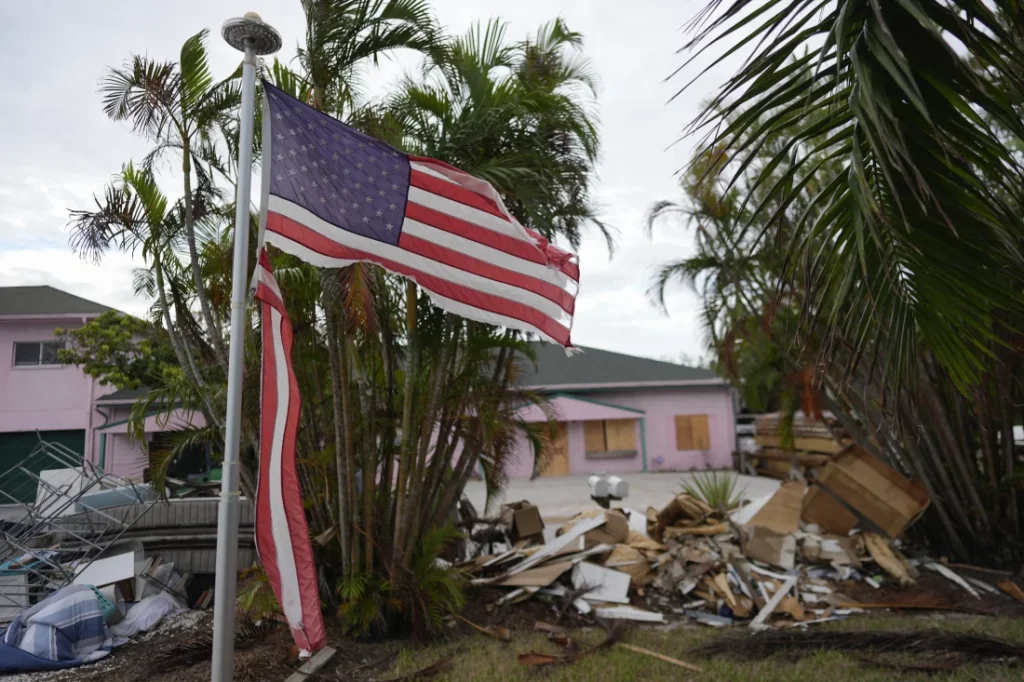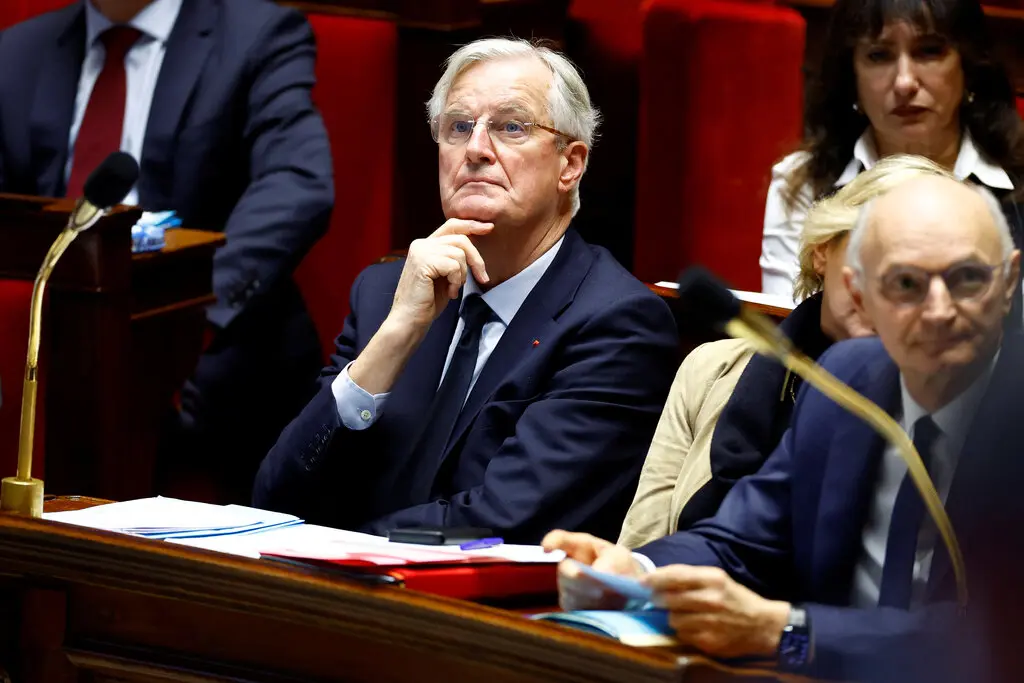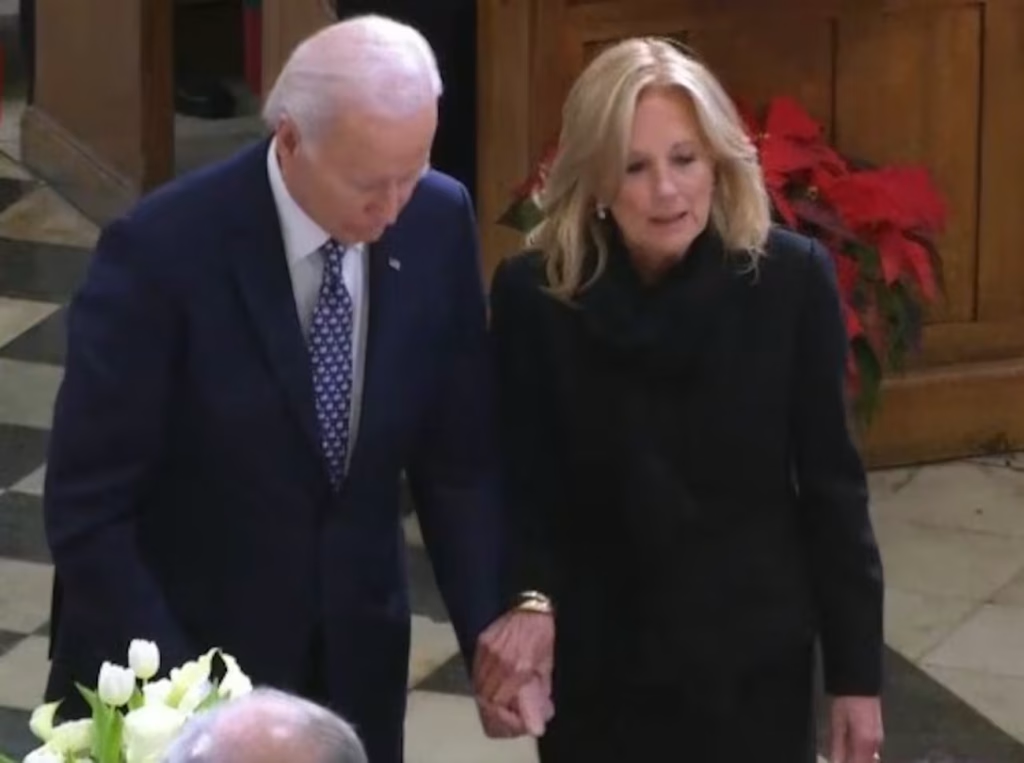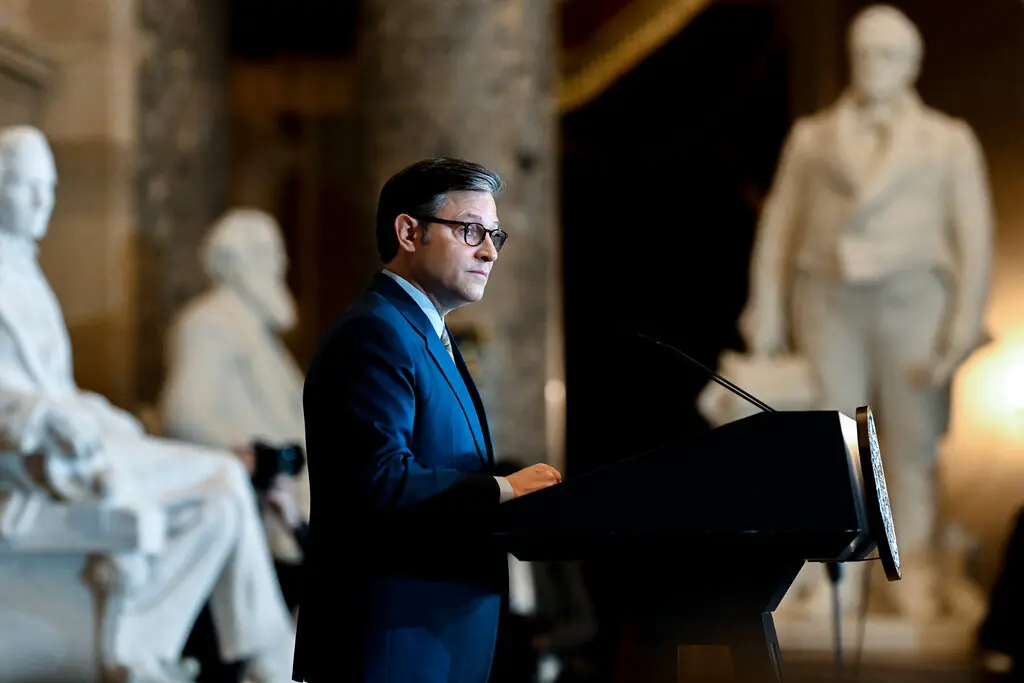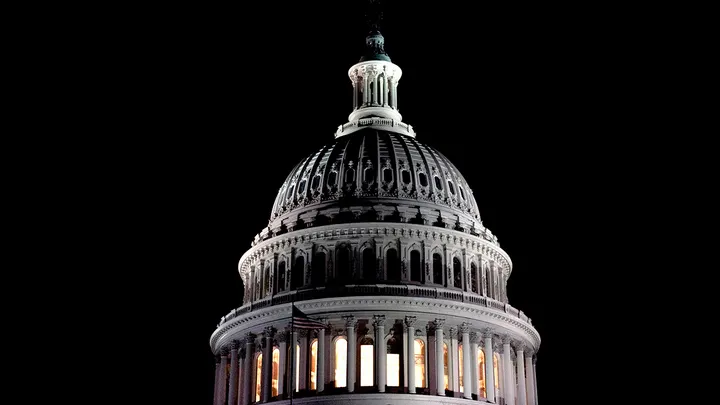House Republicans and Trump consider linking California wildfire aid to debt ceiling
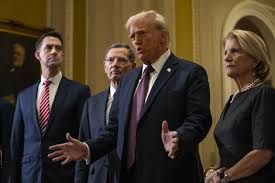
House Republicans and former President Donald Trump are in discussions about using the debt ceiling debate as leverage to secure aid for California’s wildfire recovery. This proposal comes as the state grapples with increasing wildfire intensity, prompting a call for federal support. Republicans in the House, alongside Trump, have expressed interest in tying any future emergency relief for wildfire victims to a larger fiscal issue: the national debt ceiling.
The debt ceiling, a legislative cap on the amount of money the federal government can borrow, is a contentious issue that often becomes a focal point for political negotiations. With a looming deadline to either raise or suspend the debt ceiling, House Republicans see an opportunity to extract concessions from the Biden administration, including fiscal restraint measures, by tying them to vital state-level disaster aid.
The idea of linking the wildfire relief to the debt ceiling has raised concerns among some lawmakers, especially those who view disaster recovery funding as a necessary humanitarian response. California, especially in recent years, has faced devastating fires, leading to widespread destruction of homes, infrastructure, and natural resources. The wildfires have exacerbated existing issues, such as the state’s vulnerability to climate change and the financial strain on local communities that are forced to rebuild.
Republicans, however, argue that it is important to ensure the broader fiscal health of the nation before committing additional funds to disaster relief. Their stance is that while emergency aid is critical, it must be part of a more responsible fiscal package that addresses the country’s growing national debt. Tying this funding to a broader conversation about government spending allows them to demand reductions or reforms in other areas of the budget, as well as introduce new spending caps or debt reduction targets.
For former President Trump, whose influence still looms large within the Republican Party, the move is part of his broader strategy of pushing for conservative fiscal policies. Trump has made repeated calls for fiscal restraint, particularly around government spending, and sees the debt ceiling as a crucial battleground to enact such policies. His involvement in discussions with House Republicans signals a unified front in leveraging the debt ceiling debate to reshape the federal government’s financial priorities.
However, critics warn that tying the debt ceiling to wildfire recovery efforts could delay much-needed aid for affected communities in California. Democrats, who are generally more supportive of expansive disaster relief funding, have expressed concerns that this political maneuver could hold emergency funds hostage and hurt the recovery of individuals and families already reeling from the damage caused by the fires. Furthermore, some California lawmakers argue that the state has already been disproportionately affected by wildfires and should not be subjected to political gamesmanship in order to secure the funds needed to rebuild.
The situation highlights the broader political tensions surrounding disaster relief, especially when it intersects with the national debate over fiscal policy. In recent years, Republicans have increasingly used the debt ceiling as a tool for pushing their budgetary goals, while Democrats argue that such critical funding should not be contingent on unrelated policy changes. The stakes are high, with both parties looking to gain leverage in the ongoing budgetary battle.
The debate is further complicated by the ongoing challenges faced by California, which has witnessed some of the most devastating fires in U.S. history. Thousands of residents have lost homes, and communities are struggling to recover from the physical and economic toll. The need for federal assistance is urgent, but whether that aid will come with the political price tag of fiscal reforms remains uncertain.
As the deadline for raising the debt ceiling approaches, discussions like this one will continue to shape the trajectory of both California’s recovery and the broader fiscal debate in Washington. The outcome of these negotiations could set a precedent for future disaster relief efforts, determining how the U.S. government balances immediate humanitarian needs with long-term fiscal responsibility.


